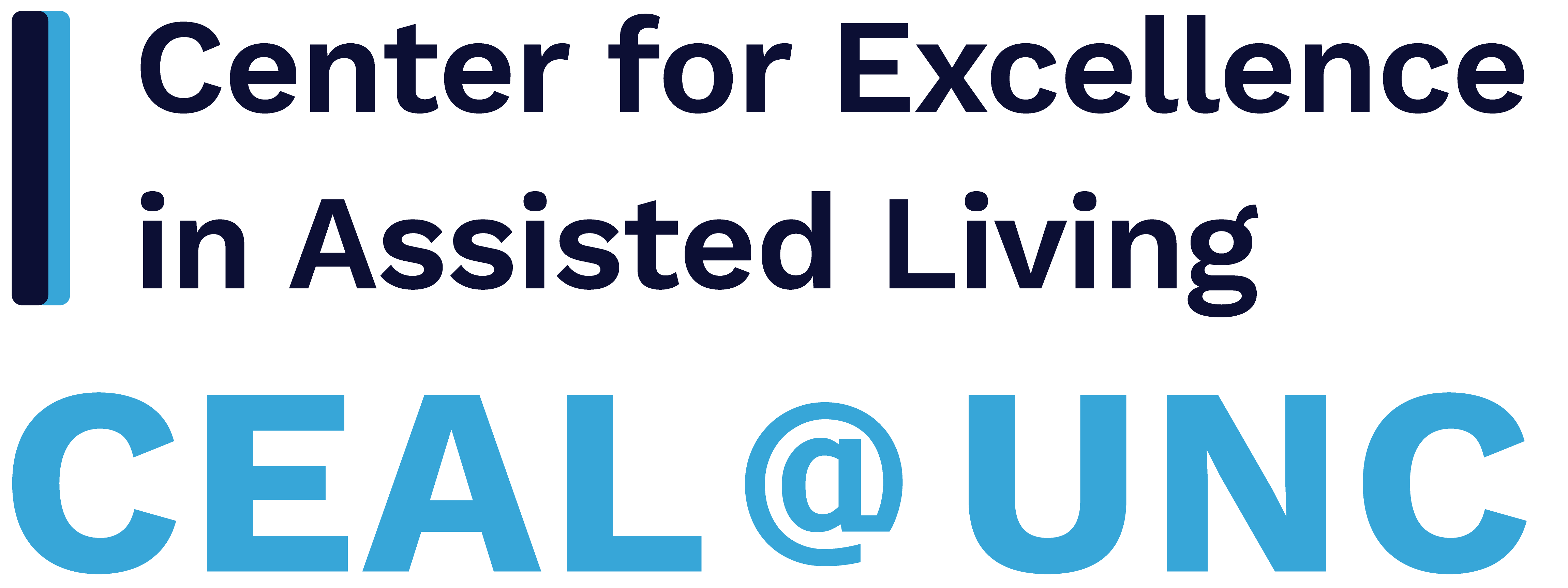Assisted living (AL) is increasingly a site of end-of-life care and a long-term care location where growing numbers of people are aging in place and dying. Despite these trends, limited research focuses on how death and grief impact the work environment in AL. This grounded theory analysis examined qualitative data collected from 27 administrators and 38 direct care workers (DCWs) in 7 diverse settings. As assisted living administrators and DCWs experienced resident death, they engaged in a dynamic and individualized process of “managing the normalization of death,” which refers to the balance of self-identity and workplace identity. The process of reconciling these opposing contexts in AL involved several individual- and community-level conditions. Administrators and DCWs would benefit from additional resources and training around death. Increasing collaboration with hospice and clarifying policies about death communication would better prepare the workforce to acknowledge the end of life in assisted living.

Center for Excellence in Assisted Living CEAL@UNC
Advancing the well-being of the people who live and work in assisted living through research, practice, and policy.

